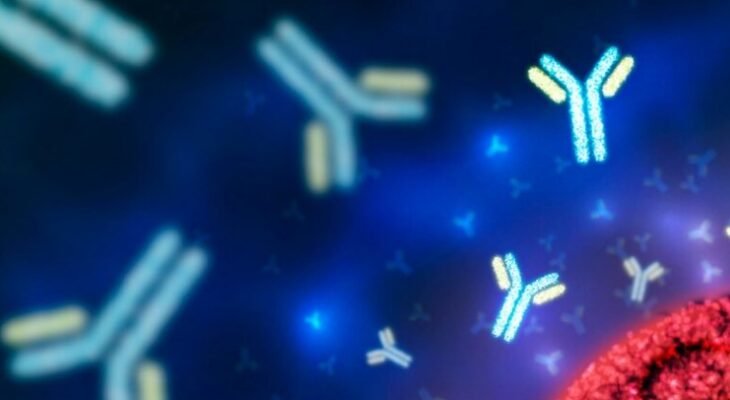New Antibiotic Class Discovered to Combat Multidrug-Resistant Bacteria

Scientists at Uppsala University have made a significant stride in the battle against antibiotic resistance. Their groundbreaking discovery involves a new class of antibiotics that exhibit potent activity against multi-drug-resistant bacteria. Notably, these antibiotics have demonstrated efficacy in treating bloodstream infections in mice.

The Importance of Antibiotics
Antibiotics have served as the bedrock of modern medicine, profoundly improving lives worldwide over the past century. We often take them for granted, relying on them to combat bacterial infections during cancer therapy, invasive surgeries, transplants, and even for mothers and preterm babies. However, the escalating global threat of antibiotic resistance jeopardizes their effectiveness.
Targeting a Critical Pathway
The research team’s work, published in the Proceedings of the National Academy of Sciences, introduces a novel class of antibiotics developed through international collaboration. These compounds specifically target a protein called LpxH, which Gram-negative bacteria use to synthesize their outermost protective layer, known as lipopolysaccharide. While not all bacteria produce this layer, those that do include critical organisms such as Escherichia coli and Klebsiella pneumoniae, both of which have developed resistance to existing antibiotics.
Uncharted Territory: No Pre-Existing Resistance
What sets this new antibiotic class apart is its novelty. Unlike many existing antibiotics currently in clinical development (often variations of existing classes), this compound class has no pre-existing resistance. The protein LpxH, targeted by these antibiotics, remains unexploited as a therapeutic target. Consequently, the potential impact of this discovery is immense.
Promising Results and Future Prospects
The researchers demonstrated the high activity of this antibiotic class against multidrug-resistant bacteria, successfully treating bloodstream infections in a mouse model. However, before these compounds can advance to clinical trials, additional rigorous work lies ahead. The European Union-funded project ENABLE played a crucial role in discovering and developing this groundbreaking class of antibiotics. Led by Uppsala University and pharmaceutical company GlaxoSmithKline, ENABLE brought together stakeholders from academia and pharmaceutical companies across Europe to advance early-stage antibiotic development.
Conclusion
As the battle against antibiotic resistance intensifies, this new class of antibiotics offers hope. By targeting an unexplored pathway and evading pre-existing resistance, it represents a beacon of progress in our ongoing fight against bacterial infections.




